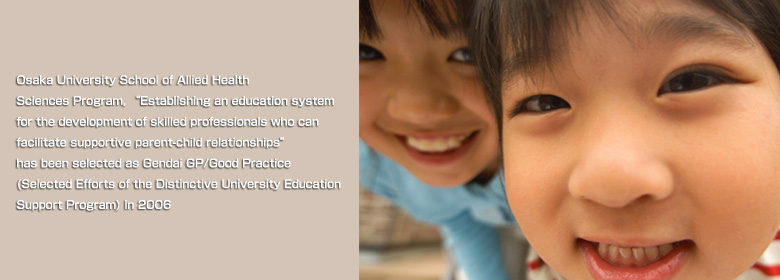 |
|
 |
BackgroundIn recent years, children who have difficulties in socializing, communicating, and often the time have clinginess, have come under the spotlight as children with special support. These children have long been neglected because there symptoms were not always overt and often the time, they would slip through preschool-aged developmental checkups. Moreover, parents are often blamed for not disciplining their child properly. These children often meet the requirements for recognized disorders, such as Pervasive Developmental Disorder, Attention Deficit Hyperactive Disorder, and Learning Disorder. It is important to note that these traits are not the result of how they have been raised, but result from developmental problems and impaired brain functioning. Therefore, it is crucial for professionals to clearly understand these traits and be able to manage them. Goal of this Project
Four Main Parts of the Program1. Education for undergraduate students
2. Social Contribution & Community Connection
3. Faculty development4. Establish e-learning system
The period of the projectFrom October, 2006 to March, 2009 About Gendai GPLink to http://www.mext.go.jp/a_menu/koutou/kaikaku/gp/001.htm How to Contact usCourse of Health Science, Osaka University Graduate School of Medicine TEL: 06-6879-5111 |
|||||||||||||

